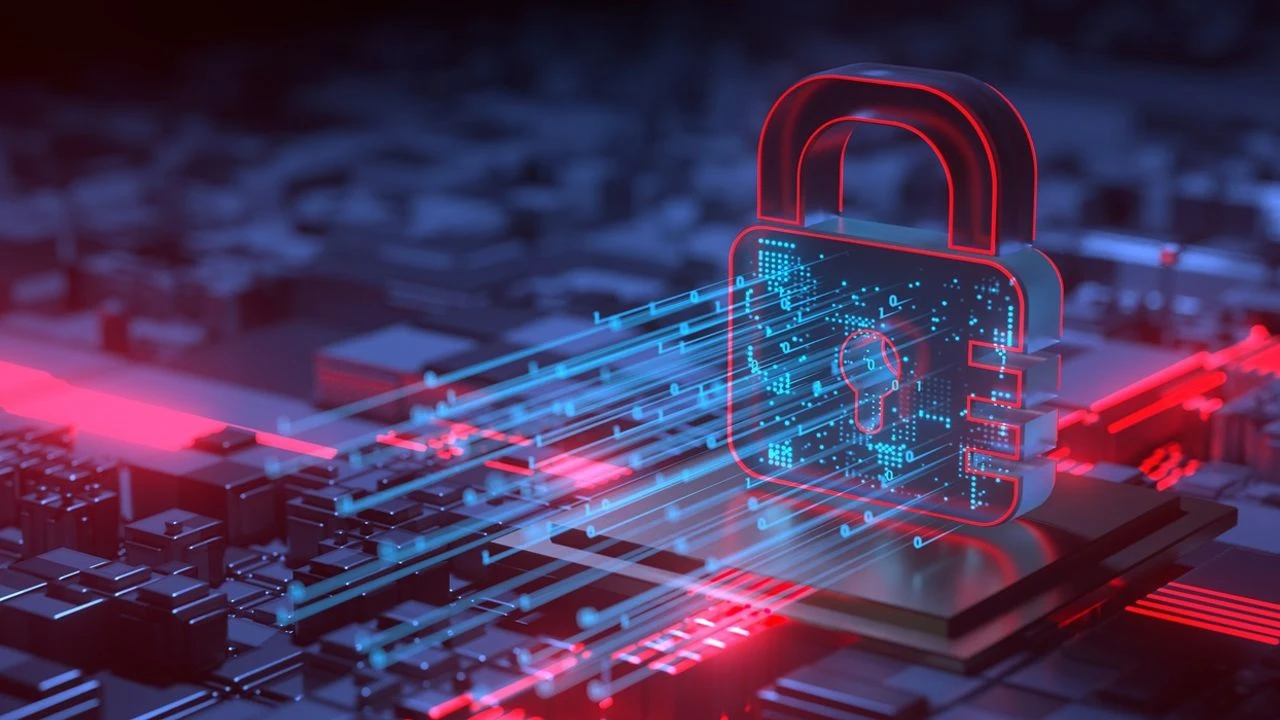Warnings that advances in quantum computing will render existing encryption methods obsolete have become increasingly pronounced by industry leaders. Brian Witten, Aptiv’s Vice President and Chief Security Officer, stated, “It may seem seven to ten years away, but preparing for quantum threats must begin now, not after they emerge,” emphasizing the need for companies to take action.
Time for a cybersecurity transformation!
Institutions in critical sectors need to implement long-term security planning. It’s stated that quantum computers, particularly in sectors that handle long-lived and sensitive data such as healthcare, finance, and government, could create significant security vulnerabilities if they break existing encryption systems. According to Cigent co-founder John Benkert, currently used algorithms like RSA and ECC (elliptic curve cryptography) will become obsolete as quantum computers mature.

This process applies not only to organizations with information technology infrastructure but also to all organizations developing software-defined systems. It is emphasized that the transition to quantum-resistant cryptography (PQC) is a complex process but one that should not be delayed.
It is noted that if it is delayed, it will no longer be possible to maintain the integrity of existing systems when quantum computers are introduced. Witten says that companies should first identify which areas of their systems need change and prepare an inventory.
It is stated that this transition can be achieved with newer-generation processors and algorithms rather than expensive hardware. It is also emphasized that companies should ask their suppliers to provide a PQC update plan.
It is stated that the transition to quantum-resistant infrastructure requires restructuring not only algorithms but also software. The use of quantum-secure digital signatures in firmware is crucial, especially in authentication processes.
Witten says, “When authentication is compromised, worst-case scenarios can occur. For example, a vehicle could be remotely accessed or malware could be sent to execute in the future, even offline.”
The larger size of post-quantum encryption keys is another technical requirement to consider. Digitally signed messages, including security information, could be up to three times the data size, putting pressure on both storage and bandwidth.













